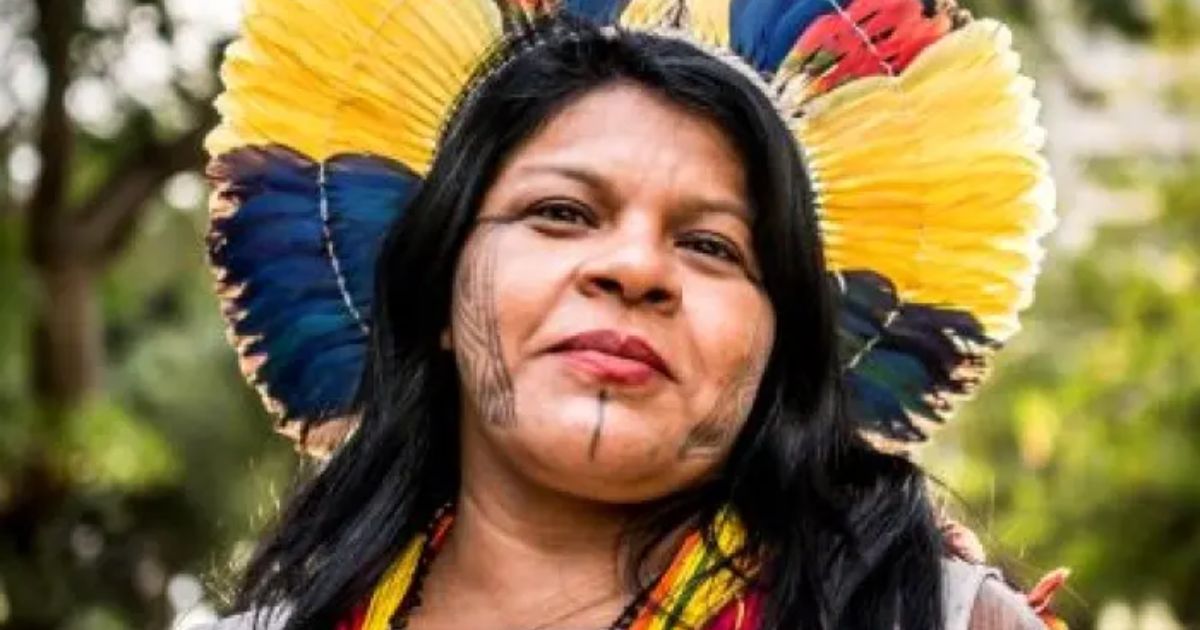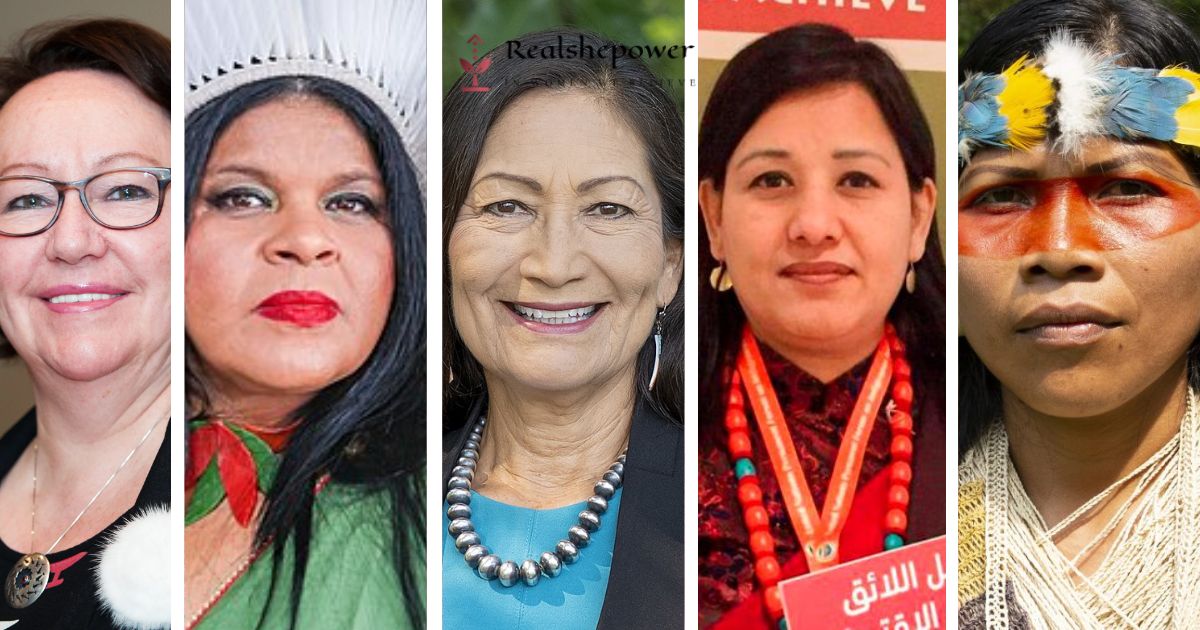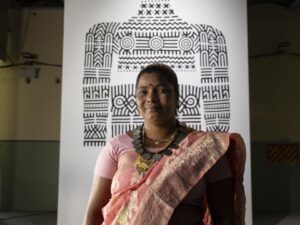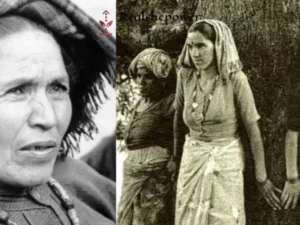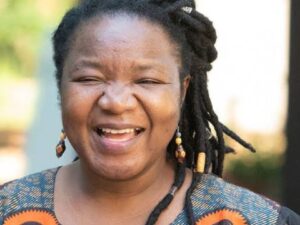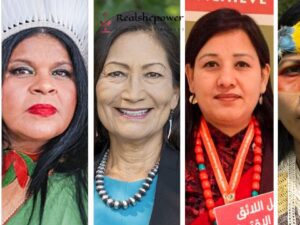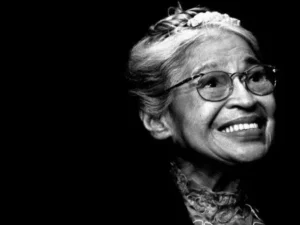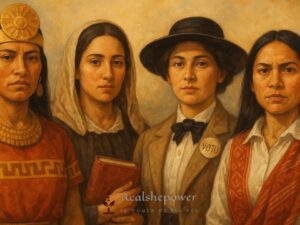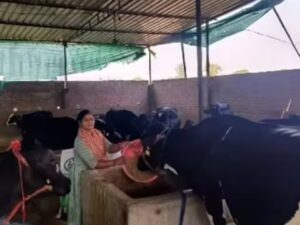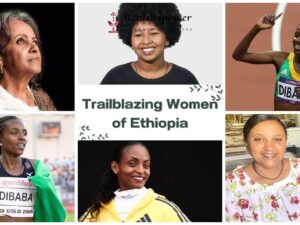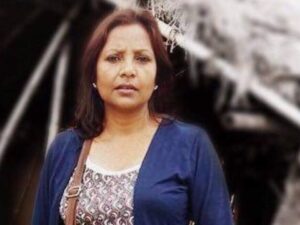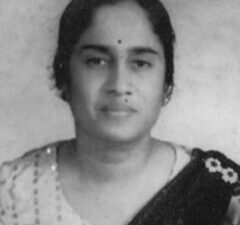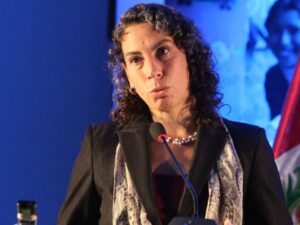Sonia Guajajara stands as one of the most influential indigenous leaders in Brazil and a global advocate for environmental justice, human rights, and cultural preservation. Born in 1974 in the Araribóia Indigenous Territory in Maranhão, Brazil, she emerged from the Guajajara people—a Tupi-Guarani group—to become a powerful voice against the encroachment of illegal logging, land grabbing, and climate change threats to the Amazon rainforest. As an activist, politician, and international figure, Guajajara’s leadership reflects a deep commitment to her community and a relentless fight for the survival of indigenous peoples and their ecosystems. This article delves into her life, achievements, and enduring impact as a trailblazer for indigenous rights.
Early Life and Roots in the Amazon
Sonia Guajajara was born into a family of subsistence farmers in a remote part of the Amazon, where her people have lived for centuries in harmony with the forest. Growing up, she witnessed the gradual encroachment of outsiders—loggers, ranchers, and miners—displacing indigenous communities and degrading the land. The Guajajara people, numbering around 20,000, have faced significant pressure from deforestation and violence, with their territory shrinking due to illegal activities. This early exposure to environmental and cultural threats shaped Guajajara’s resolve to fight for her people.
Despite limited access to formal education in her village, Guajajara’s determination led her to study nursing in the city of Imperatriz, Maranhão, a rare opportunity for an indigenous woman from her background. Her education broadened her perspective, but it also deepened her awareness of the health disparities and social injustices faced by indigenous communities, many of which stemmed from environmental destruction and government neglect. This experience fueled her transition from healthcare to activism, where she could address the root causes of her people’s struggles.
Rise as an Activist
Guajajara’s activism began in the 1990s when she joined the fight against the Brazilian government’s policies that marginalized indigenous populations. She became a prominent member of the Articulation of Indigenous Peoples of Brazil (APIB), an umbrella organization representing over 300 indigenous groups. As APIB’s executive coordinator since 2015, she has led campaigns to secure land rights, combat violence against indigenous peoples, and protect the Amazon, which is home to 60% of the world’s remaining rainforest and critical for global climate regulation.
Her work gained international attention during the 2016 Rio Olympics, where she and other indigenous leaders protested outside the event, highlighting the Brazilian government’s failure to demarcate indigenous lands as mandated by the 1988 Constitution. Guajajara’s ability to mobilize communities and engage with global audiences showcased her strategic leadership. She has traveled to the United Nations and other international forums, advocating for the implementation of the UN Declaration on the Rights of Indigenous Peoples (UNDRIP) and pressing for accountability from governments and corporations profiting from Amazon exploitation.
One of her most notable campaigns was the 2019 “Blood-Tainted Beef” initiative, which exposed how illegal cattle ranching on indigenous lands contributes to deforestation and violence. This effort pressured international companies to adopt stricter supply chain policies, amplifying the economic leverage of indigenous advocacy. Guajajara’s work has been recognized with awards, including the 2018 Robert F. Kennedy Human Rights Award, reflecting her global influence.
Political Leadership and the 2018 Vice Presidential Run
In 2018, Guajajara made history by becoming the first indigenous woman to run for vice president of Brazil, alongside Guilherme Boulos of the Socialism and Liberty Party (PSOL). Her candidacy brought indigenous issues—land rights, environmental protection, and racial equality—to the forefront of national politics during a polarizing election marked by the rise of Jair Bolsonaro, whose administration rolled back indigenous protections. Though the ticket did not win, Guajajara’s campaign garnered significant support, particularly among urban youth and environmentalists, and she received over 600,000 votes.
Her political platform emphasized the need for indigenous self-determination, sustainable development, and an end to the criminalization of indigenous activists. She famously declared, “We are not here to beg; we are here to demand our rights,” encapsulating her assertive approach. The campaign also highlighted the intersectionality of her advocacy, addressing gender-based violence, poverty, and the disproportionate impact of climate change on indigenous women.
Challenges and Resilience
Guajajara’s leadership has come at great personal cost. She has faced death threats from loggers, ranchers, and political opponents who view her activism as a threat to their interests. The Guajajara people are among the most targeted indigenous groups in Brazil, with over 150 assassinations reported since 2000, according to the Indigenous Missionary Council (CIMI). Despite this, Guajajara remains undeterred, often traveling with security provided by APIB due to the high risk she faces.
Her work is further complicated by systemic racism and sexism within Brazilian society. Indigenous women like Guajajara are often sidelined in political spaces dominated by men and urban elites. Additionally, the Bolsonaro administration (2019–2022) exacerbated her challenges by weakening environmental agencies like IBAMA and FUNAI (the National Indian Foundation), reducing protections for indigenous lands. Yet, Guajajara has turned these obstacles into opportunities, using international pressure to hold the government accountable.
Global Influence and Recent Achievements
Since the election of Luiz Inácio Lula da Silva in 2023, Guajajara’s advocacy has gained new momentum. In January 2023, she was appointed Brazil’s first Minister of Indigenous Peoples, a historic role created to address the needs of the country’s 900,000 indigenous people across 305 ethnic groups. As minister, she oversees policies to demarcate lands, combat illegal mining, and improve healthcare and education in indigenous territories. Her appointment was hailed as a victory for indigenous rights, though she faces the daunting task of reversing decades of neglect and corruption.
Guajajara’s global stature continues to grow. She has collaborated with figures like Greta Thunberg and participated in COP climate conferences, linking indigenous knowledge with global climate solutions. Her emphasis on the Amazon as a “carbon sink” and biodiversity hotspot aligns with scientific calls to protect 80% of the forest by 2025 to prevent a tipping point into savannah-like conditions. In 2021, she was named one of BBC’s 100 Women, recognizing her as a transformative leader.
Legacy and Vision
Sonia Guajajara’s legacy is one of resilience and hope. She has empowered a new generation of indigenous leaders, particularly women, to claim their space in governance and activism. Her vision extends beyond Brazil, advocating for a global movement where indigenous peoples are recognized as key partners in addressing climate change and inequality. She has said, “The forest is our home, but it’s also the world’s lungs. We fight for ourselves and for humanity.”
Her work has tangible impacts: APIB’s efforts have slowed deforestation in some areas, and her ministry’s initiatives have begun restoring funding for indigenous programs. Yet, the challenges remain immense, with 11,088 square kilometers of Amazon rainforest lost in 2022 alone, per INPE data. Guajajara’s leadership is a call to action, urging governments, corporations, and individuals to support indigenous-led conservation and rights.
Conclusion
Sonia Guajajara’s journey from a remote Amazon village to the forefront of global advocacy is a testament to the power of indigenous leadership. As an activist, politician, and now minister, she has turned personal and communal struggles into a platform for change, defending the Amazon and its people with unwavering courage. Her story inspires not only indigenous communities but all who seek a just and sustainable future. As Brazil and the world face escalating environmental crises, Guajajara’s voice remains a critical force, reminding us that the fight for indigenous rights is inseparable from the fight for the planet.
